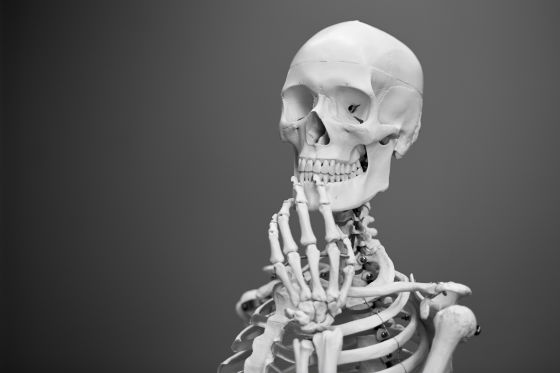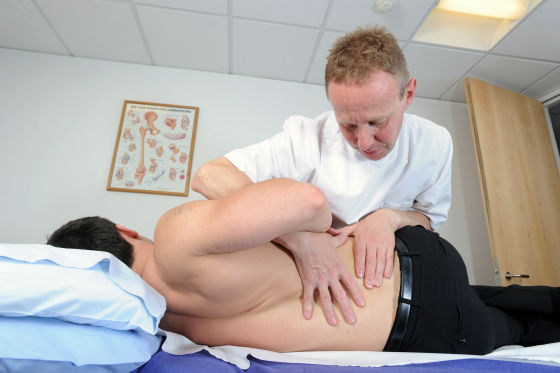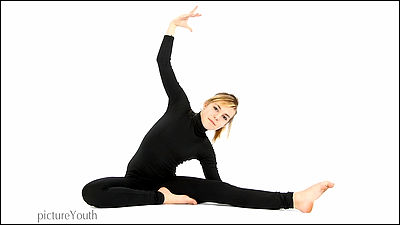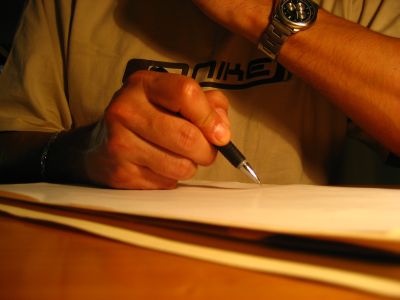How is 'osteopathy' that influenced shiatsu and regulation different from physiotherapy?

by General Osteopathic Council
Osteopathy, which has become a major influence on Japanese manipulation therapy such as shiatsu and manipulation, is not a mere therapy, it is a medical system aimed at "thinking the body as one unit and enhancing natural healing power" It is said. There are physiotherapy and chiropractic for treatment of muscle and bone, but researchers are investigating how these are different from osteopathy.
Osteopathic manipulative treatment: A systematic review and critical appraisal of comparative effectiveness and health economics research - Musculoskeletal Science & Practice
https://www.mskscienceandpractice.com/article/S1356-689X(16)30816-5/fulltext
Does osteopathy work?
https://theconversation.com/does-osteopathy-work-98848
Osteopathy was launched in 1874 by an American physician Andrew Taylor Still, and the World Health Organization (WHO) has adopted the (PDF file) guideline as a "traditional medical system". There is a method that touches the patient manually in both diagnosis and treatment, there are parts that technically overlap with chiropractors and physiotherapists, but practical osteopathy is different from other healthcare experts It is done.
Scientific research of osteopathy has been done in the past 20 years, but there are still many questions about safety and effect. So, Amie Steel, a doctoral researcher at the Sydney Institute of Technology tried to reevaluate previous studies comparing osteopathy and other treatments.
First, Mr. Amie Steel examined the research that compared the effect of osteopathy on back pain and the normal medical approach to back pain. Regular medical approaches to back pain include analgesic and anti-inflammatory treatments and active physical therapy, hot packs and cold packs, structural support, and so on. As a result of this survey, the level of pain removed by osteopathy was similar to that of a conventional medical approach, but the results showed that the use of analgesics, anti-inflammatory drugs and muscle relaxants was significantly reduced.

by Mathew Schwartz
In addition , in a study conducted in 2003, the result that a person with pain on the back received treatment for osteopathy showed a result that the symptoms were lighter than those who received no treatment. However, at this time, the control group was treated with "false osteopathy", it seems that the condition of improvement did not change very much between the person who received the true osteopathic treatment and the person who received the false osteopathic treatment.
And in a study conducted in 2007, we compared osteopathy with "exercise in a group performed by physiotherapists" and "one to one exercise performed by physiotherapists" in both groups, similar to patients It proved to give efficacy.
Together with these studies, Steel concludes that the effect of osteopathy on chronic pain on the back "is the same as standard medical care and physical therapy, but it can reduce the use of analgesics" .
Also when researching the costs of osteopathy and other treatments, the research team knows about research results that "premature infants who underwent osteopathic treatment can leave the hospital more than 6 days earlier than the control group on a fast pace of weight gain" It was become a thing. Since osteopathy treatment itself is 20 euro (about 2600 yen) per treatment, it is possible that osteopathy treatment will be able to lower expensive hospitalization expenses.
On the other hand, although research results showing that osteopathy exerts its effect on individual symptoms for migraine and irritable bowel syndrome are announced on a daily basis, Steel's research design says that it was not enough to give meaningful answers Thing.

Osteopathy is not just treatment, it is a medical system aimed at capturing the whole body as one unit and inspiring natural healing power. Since what kind of treatment is performed depends on the needs and tastes of patients and "pain" to be treated with osteopathy is not scientifically understood yet, it is very difficult to study the efficacy of osteopathy I will. If it is drug research, it can be measured objectively from biomarkers such as blood, but it is because the subjectivity of the patient is the judgment criterion whether muscle "pain" has healed.
In order to investigate the efficacy of osteopathy that we do not know yet, Mr. Steel says she is seeking community cooperation and funding.
Related Posts:
in Note, Posted by darkhorse_log







